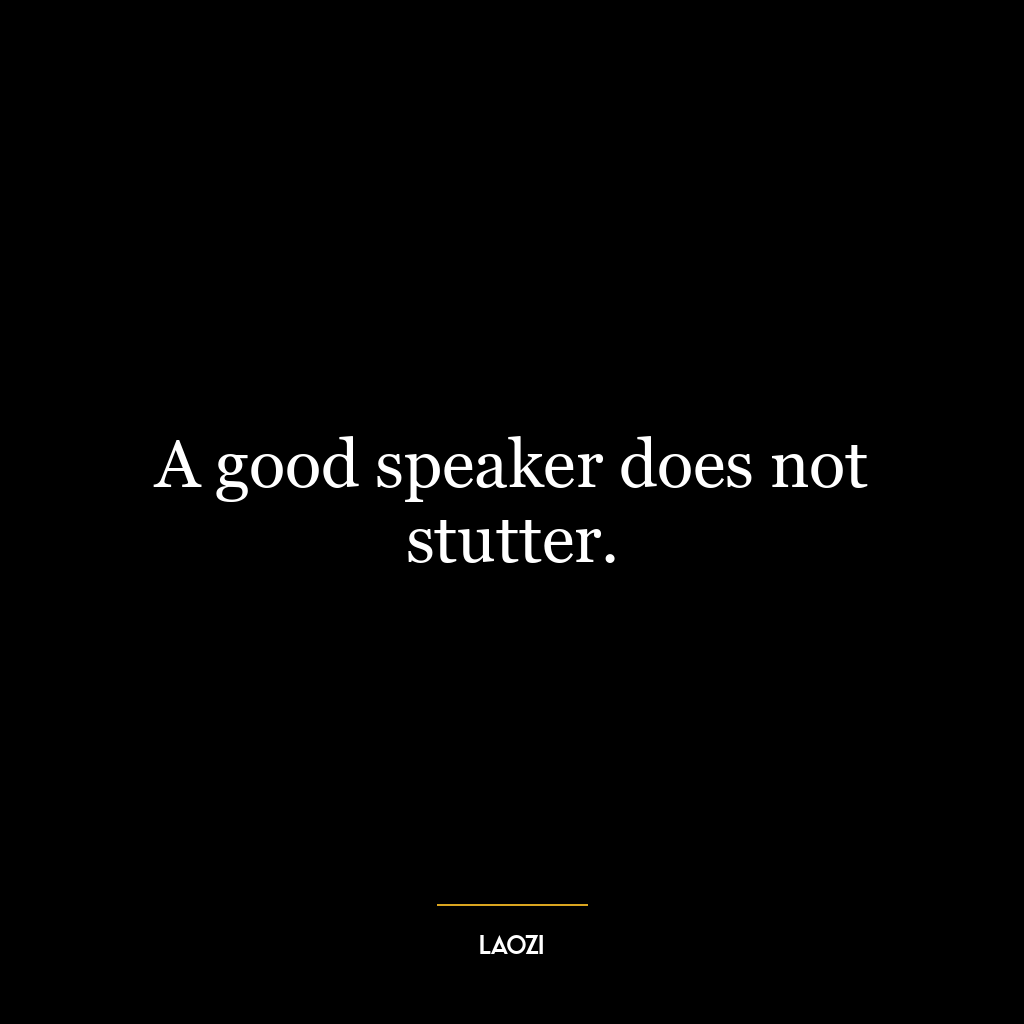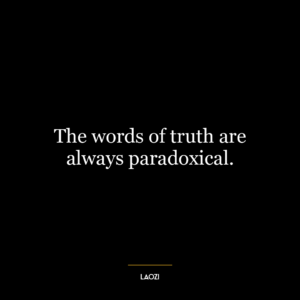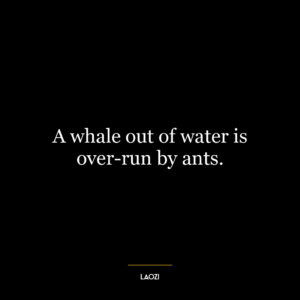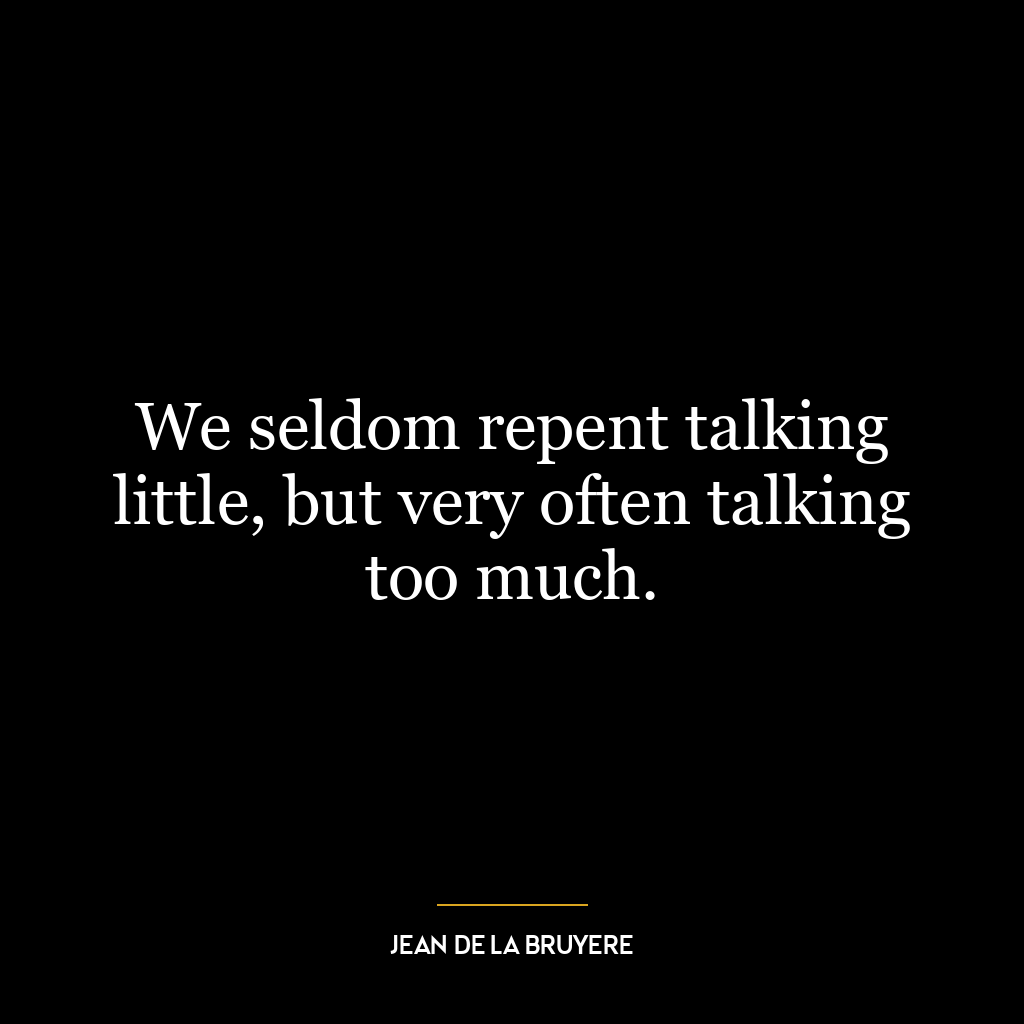A good speaker does not stutter.
This quote, “A good speaker does not stutter”, essentially suggests that effective communication is characterized by clarity, confidence, and fluency. The idea is not to demean people who stutter, but rather to use stuttering as a metaphor for any form of communication that is unclear, uncertain, or unconvincing.
In a broader context, this quote can be interpreted as a call for mastery and excellence. Just as a good speaker communicates clearly and confidently, anyone who wishes to excel in a particular field or activity must strive to eliminate their “stutters” – their weaknesses, uncertainties, or inconsistencies.
In today’s world, this quote is highly relevant. We live in an era of information overload, where clear and effective communication is more important than ever. Whether in the realm of business, politics, education, or personal relationships, the ability to convey one’s thoughts and ideas clearly and confidently is a valuable skill.
Moreover, in the context of personal development, this quote can serve as a reminder of the importance of constant self-improvement. We all have our own “stutters” – areas in which we lack confidence or skills. These might be public speaking, writing, leadership, decision-making, or any other area of life. By acknowledging these “stutters” and working to improve them, we can become more effective communicators and more accomplished individuals.
In conclusion, while the quote “A good speaker does not stutter” may seem to be about public speaking, it is in fact a profound statement about the importance of clarity, confidence, and continuous self-improvement in all areas of life.















